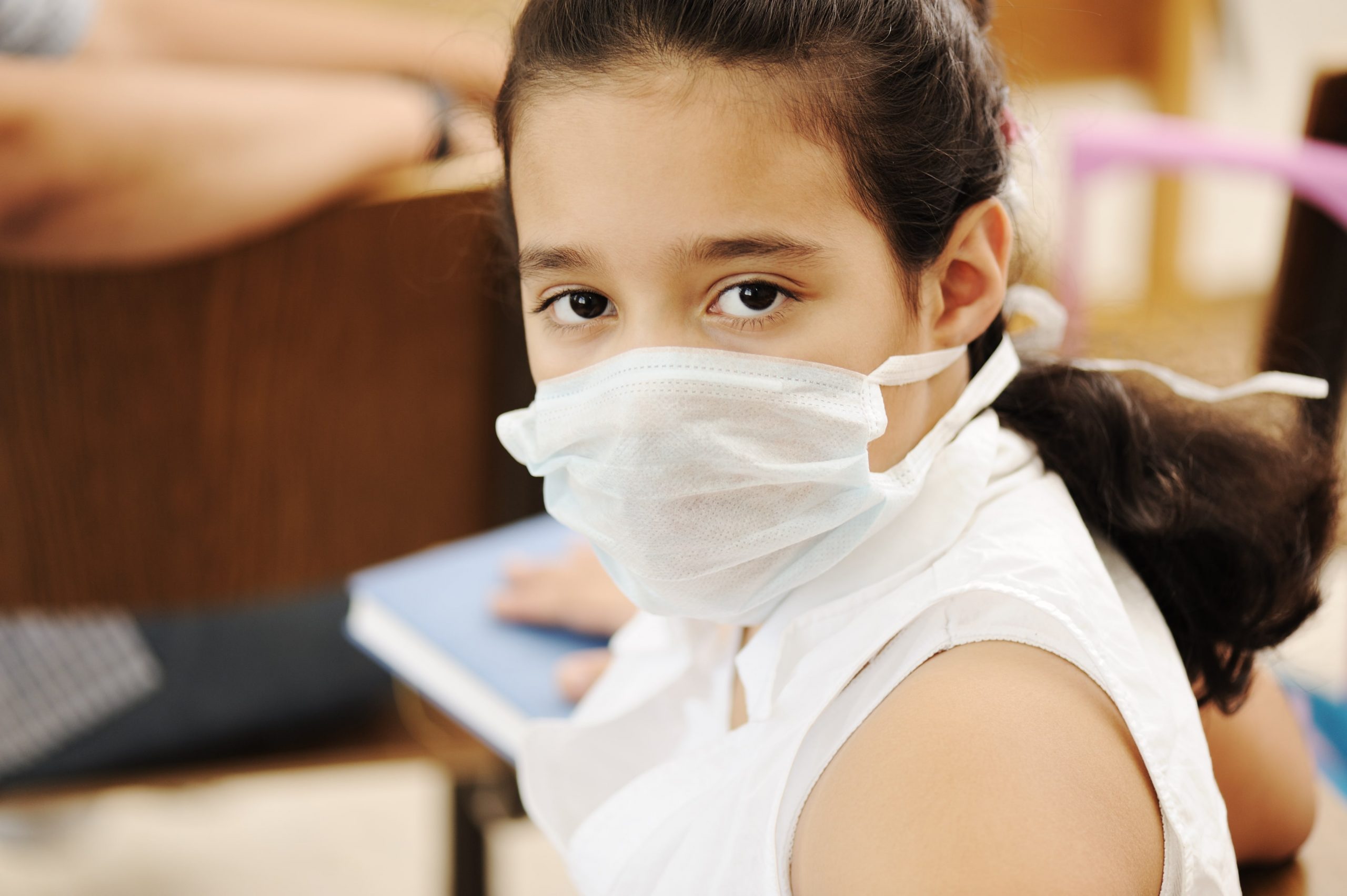The swine flu virus (H1N1) is on the rise again. With common flu-like symptoms such as fever, sore throat, cold, etc, swine flu requires more attention.
This is because it may cause complications in the very young, the elderly, those with chronic medical conditions like diabetes, asthma, chronic bronchitis and individuals with low immunity.
Dos and Don’ts:
- Stay clear of people with a cough and cold. It is a contagious disease that spreads through droplets from coughing or sneezing.
- Do not touch surfaces that appear unclean or suspected to be near sick persons. The virus can stay on surfaces for a long time.
- Maintain proper hygiene: Wash your hands with soap properly and frequently.
- While coughing or sneezing, cover your mouth and nose with handkerchief.
- In the case of patients with chronic or underlying respiratory problems, the mask should be worn to avoid worsening of the condition.
- H1N1 Flu vaccine should be administered to babies over 6 months as a preventive measure if the Paediatrician advises so.
- Not everyone needs the vaccine. Only people in the high-risk category need it. Take the help of your doctor in deciding whether you need vaccination. deciding whether you need vaccination.
- In case you have flu-like symptoms, stay indoors, take ample rest and proper medications under the guidance of your doctor.
- Take more of Vitamin C, D, and antioxidants like turmeric, honey, etc to boost up the immune system.
- Drink plenty of water.
Swine flu is not as dreadful as it is believed to be. With careful precautionary measures and timely treatment, it resolves within a week. Proper and timely care is the key!!
Book HIV Early Detection Book STD Package Plus DSH Wellness B Profile

Leave a Reply